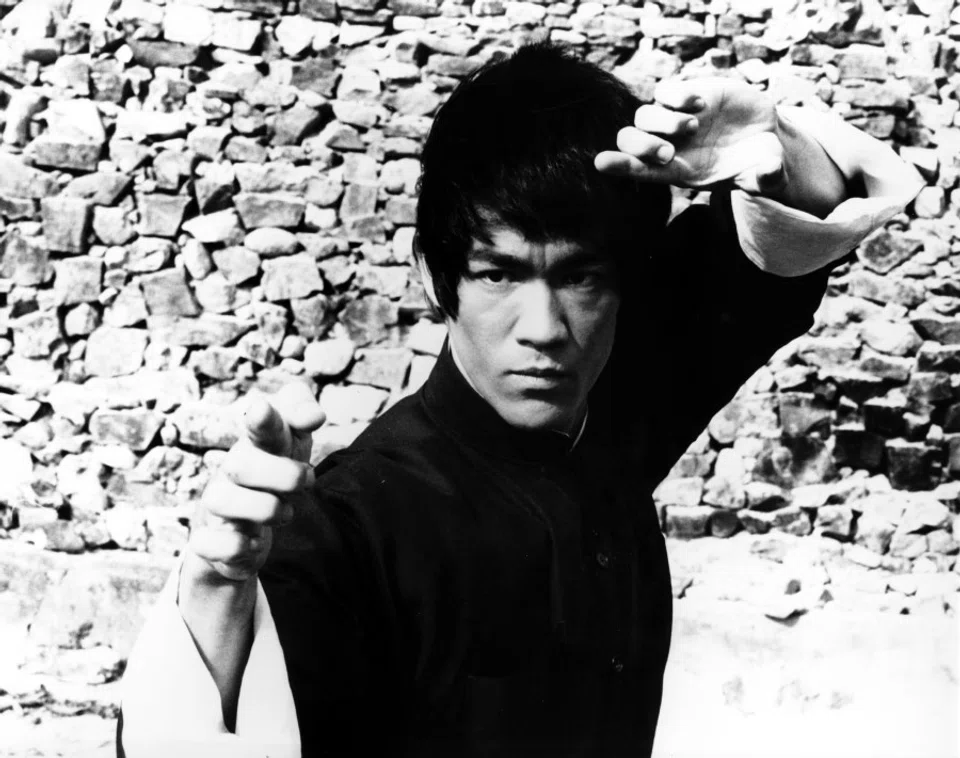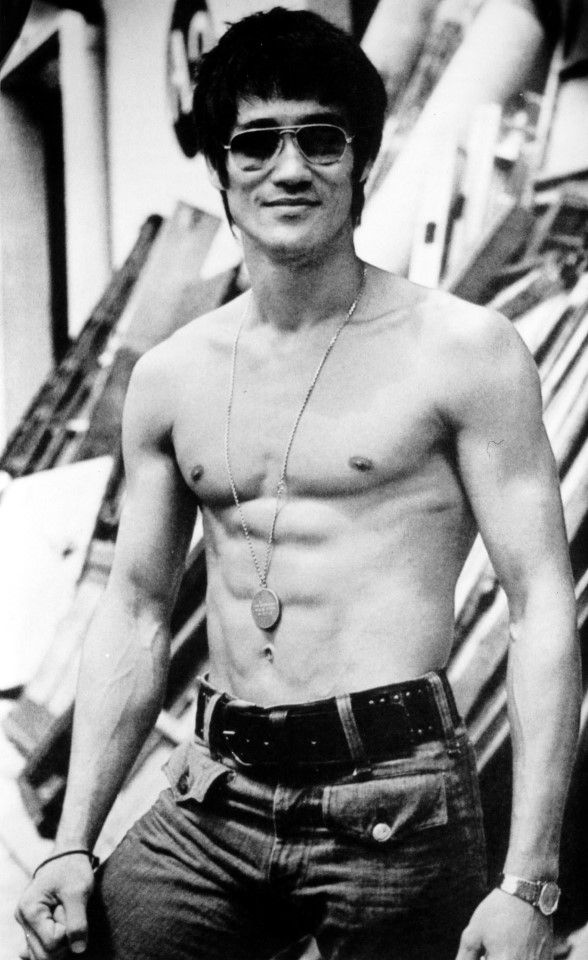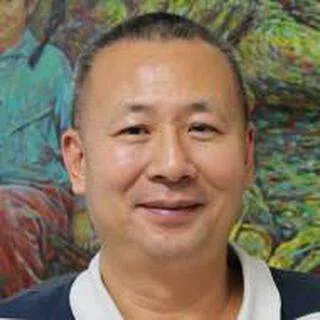[Photo Story] Hong Kong was once the Hollywood of the East
Hong Kong has produced many excellent films and stars in its time, especially during its heyday in the 1980s. Names such as Bruce Lee, Jackie Chan, and Chow Yun-fat are familiar to people in both Asia and the West. Historical photo collector Hsu Chung-mao brings back the shared memories of generations.

(All photos courtesy of Hsu Chung-mao.)
Between the 1970s and 1980s, Hong Kong's thriving film entertainment sector made an impact on the entire Chinese-speaking world, and even had its unique place in world cinema. Cantonese also became the most popular language for the Chinese-speaking world, apart from Mandarin. The Hong Kong film industry peaked in the late 1980s, and was even known as the Hollywood of the East. Following its return to China in 1997, film industry talents like John Woo, Jackie Chan, Sammo Hung, Chow Yun-fat, and Tsui Hark, as well as skilled martial art choreographers and stuntmen focused their efforts on the US, and the Hong Kong film industry quickly declined.
Nevertheless, Chinese people all over the world would fondly remember the heyday of Hong Kong's film industry as part of the city's rich history. The similarities in language and culture, coupled with proximity, facilitated exchanges and left deep memories which made an impact among the Chinese-speaking communities in Taiwan and Southeast Asia.
How a legendary movie industry was built
After 1949, mainland China's economic system changed, which posed fresh challenges to Shanghai's position as the centre of China's commercial film production industry, and some film and theatre talents started to focus on Hong Kong and Taipei.
In the 1950s, Hong Kong and Taiwan had much to do to recover after World War II. Everything was in its initial stages, and the film industries in both places were just extensions of local theatre productions. Movie adaptations of Cantonese operas were popular in Hong Kong, while Minnan dialect movies were the mainstream in Taiwan - these were small productions with low budgets and limited distribution.





By the 1960s, with stable economic growth, the lives of people in Hong Kong and Taiwan improved and demand for entertainment grew rapidly. The film industry entered a new phase of development, with financiers and literati who moved south from Shanghai starting to develop industry talents. Large-scale period productions by companies such as Shaw, Cathay, and Kuo Hwa Productions were all the rage for a while. Some of these later became classics, such as The Kingdom and the Beauty (江山美人), The Love Eterne (梁山伯与祝英台), Come Drink with Me (大醉侠), The Grand Substitution (万古流芳), and Golden Swallow (金燕子). Huangmei opera and martial arts films were very popular among the people, and when superstar Ivy Ling Po visited Taiwan, people thronged the streets.
After the 1970s, as Hong Kong became a global hub, its financial and communications systems were far more international than Taiwan's, with fewer restrictions on artistic expression, and so its film industry started to move towards an international audience - the funding, scale, and commercialisation in Hong Kong was clearly superior to that of Taiwan.
Bruce Lee cult classics
The series of Bruce Lee movies by Golden Harvest took the world by storm, and marked the first time that Chinese movies broke into the international market. Bruce Lee's personal story was particularly representative. His parents migrated to the US from Hong Kong. Lee himself was born in San Francisco, but returned to Hong Kong as a child star in Cantonese movies. At the age of 20, he went to the US to study and later became a Hollywood actor, playing martial artist Kato in the TV series The Green Hornet.
However, being of Chinese descent, Lee found it difficult to break into the Hollywood mainstream, and went back to Hong Kong to seek opportunities. He finally scored big with his role in The Big Boss, while the subsequent Fist of Fury wowed the Chinese community. The Way of the Dragon, set in the Chinese area in Italy, broke the Western-style James Bond mould with its martial arts and plot. It became a model of Asian martial arts movies and made waves in the international film industry, so that Hollywood - which previously turned up its collective nose at Lee - changed its mind and approached him to make movies.



Lee's movies were charged with Chinese consciousness and sentiment; whether in terms of box office sales or content, they elevated the dignity and status of the Chinese. Following Lee's sudden death, another martial arts star took over with his brand of action-comedy: Jackie Chan. Around the same time, Tsui Hark, Raymond Wong, Teddy Robin, Karl Maka, Michael Hui, and others produced popular comedies featuring urban life in Hong Kong.
The stories above trace the rise of these Hong Kong actors, and show what the Hong Kong film industry could provide, including talents, cinematography, screening facilities, publicity, and professional banking and funding, which was international enough to allow Chinese stars to use it as a base to go global, without having to rely on Hollywood.









By the 1980s, the Hong Kong film industry reigned supreme in the Chinese-speaking world, as it approached its peak. TV dramas such as Chor Lau-heung with Adam Cheng and The Bund with Chow Yun-fat broke viewership records, and Hong Kong dramas equated to high ratings. Hong Kong dramas were also hot video rentals, reminiscent of the popularity of The Love Eterne. Then there were the period movies like A Chinese Ghost Story (倩女幽魂) and The Swordsman (笑傲江湖), while comedies featuring Stephen Chow, Carol Cheng, and Tony Leung Chiu-wai were irresistible. These productions dominated prime time slots.
While Hong Kong's film industry has gradually lost its vibrance in the 21st century due to various factors, two generations would remember the past glories of the Hollywood of the East.



![[Photos] Fact versus fiction: The portrayal of WWII anti-Japanese martyrs in Taiwan](https://cassette.sphdigital.com.sg/image/thinkchina/3494f8bd481870f7c65b881fd21a3fd733f573f23232376e39c532a2c7593cbc)

